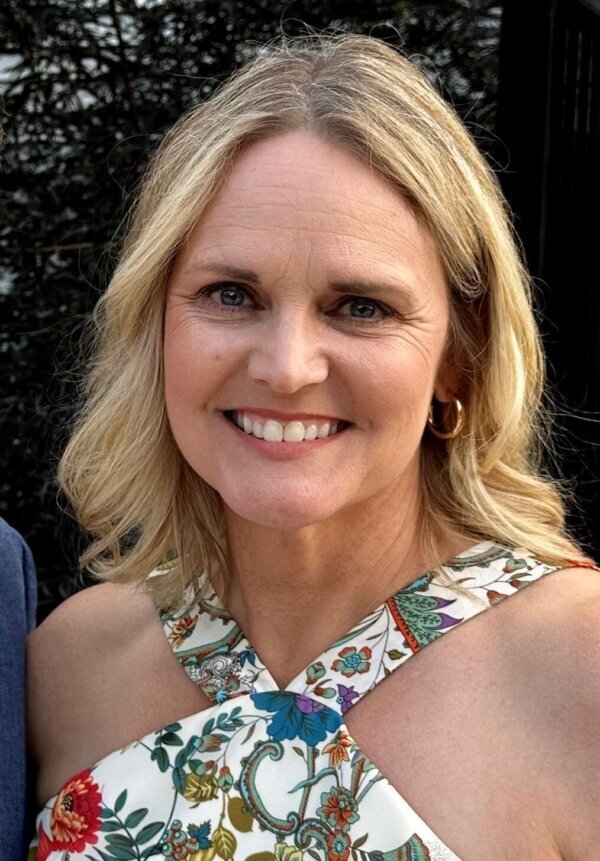
Eating disorder diagnoses have steadily increased nationwide since the COVID-19 pandemic. That trend is not slowing down among one group: older Americans.
“I didn’t think I was sick enough,” said Dawn Gross, a mom of three who was diagnosed at 38 years old.
Gross told WTOP she was “spiraling” during that period of her life: “I think I had a 5-year-old, a 3-year-old and a one-year-old, and I was planning my day around getting rid of the food I had eaten. I was so focused on me and this drive to control my size and weight.”
Eating disorders are mental health conditions marked by harmful eating habits and an unhealthy focus on losing weight or staying fit. The most common eating disorders include anorexia, bulimia and binge eating.
Roughly 90% of people diagnosed with eating disorders are women and teen girls, most commonly starting between 12 and 25 years old, according to the Johns Hopkins University School of Medicine.
Eating disorders are a hidden condition that can strike anyone at any time, said Gross, who is now 57.
“It makes me so angry to think about the picture that we have is the emaciated, young white girl,” she said. “No. There are lots of people who are struggling. Eating disorders come in all different shapes and sizes, or even one age.”
Gross believes her eating disorders started when she was about eight or nine years old. She received a constant message to stay thin from her mother, who also struggled with weight.
“She meant well, but her desire to help me stay in a small body was certainly a focus,” Gross told WTOP. “I don’t remember a time in my life where I wasn’t on a diet. So, I was really groomed to be focused on my body.”
Then in 2005, after going through many difficult and expensive rounds of fertility treatments, she gave birth to her third child.
It was then that old bad habits of hidden binge eating and restrictive rules came roaring back. So Gross decided to get help at a seven-week, inpatient program at The Renfrew Center, a national treatment center that also offers virtual support groups for women 30 and over.
“What I know now, looking back and having lots of therapy, is all of those emotions just had nowhere to go,” Gross said of her fertility journey. “I had so many emotions around having a baby. I couldn’t handle the emotions, so I just stuffed them.”
For some older adults, eating disorders that show up in midlife can be triggered by common stressors like menopause, divorce and empty nest syndrome, said Cecilia Perez-Zamora, a lead clinical therapist at the Renfrew Center, which has a location in Bethesda, Maryland.
For others like Gross, eating disorders linger, going undiagnosed for years.
“You can’t tell that someone has an eating disorder just by looking at them,” Perez-Zamora said. “What’s really important is the eating disorder takes up a lot of your time and it really impacts your ability to do things in the day to day because of how much you’re thinking about food.”
She said there are some unmistakable signs that can alert concerned friends and family members to people suffering from eating disorders.
“If they’re restricting the amounts of food they’re eating or talking about a negative body image more often,” Perez-Zamora said. “Thinking about your meals and what everything is going to look like takes up a lot of time.”
Get breaking news and daily headlines delivered to your email inbox by signing up here.
© 2024 WTOP. All Rights Reserved. This website is not intended for users located within the European Economic Area.








